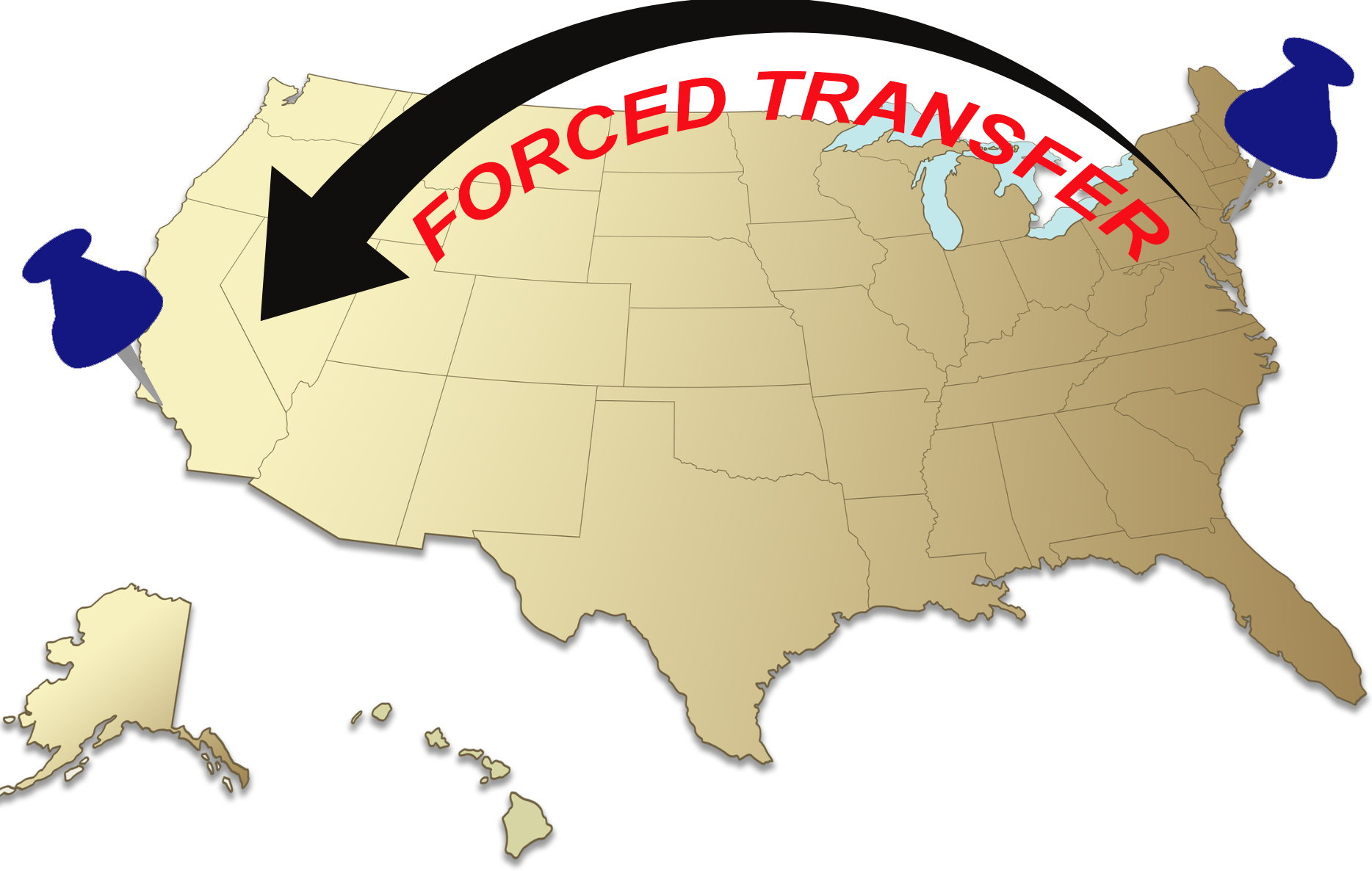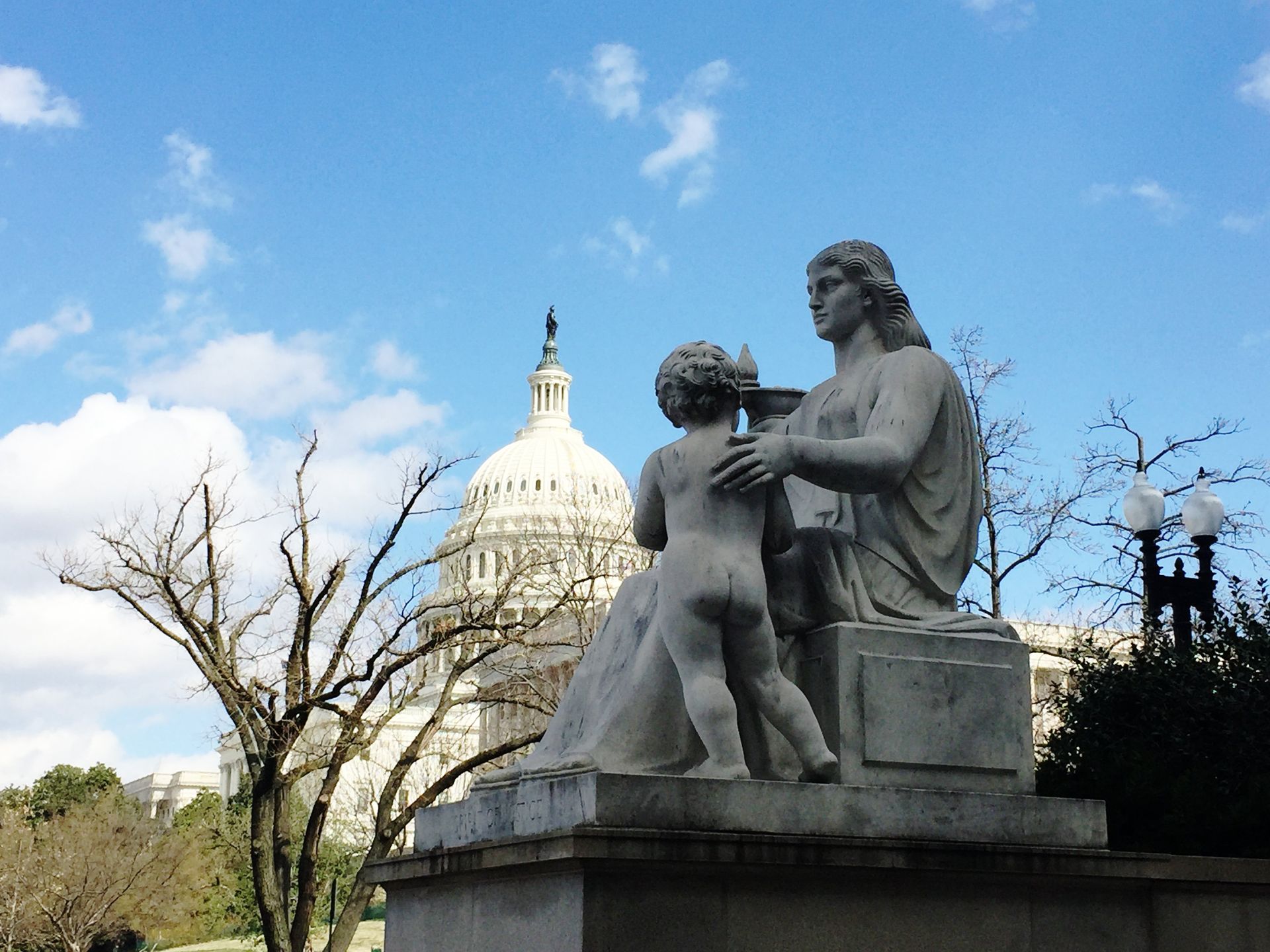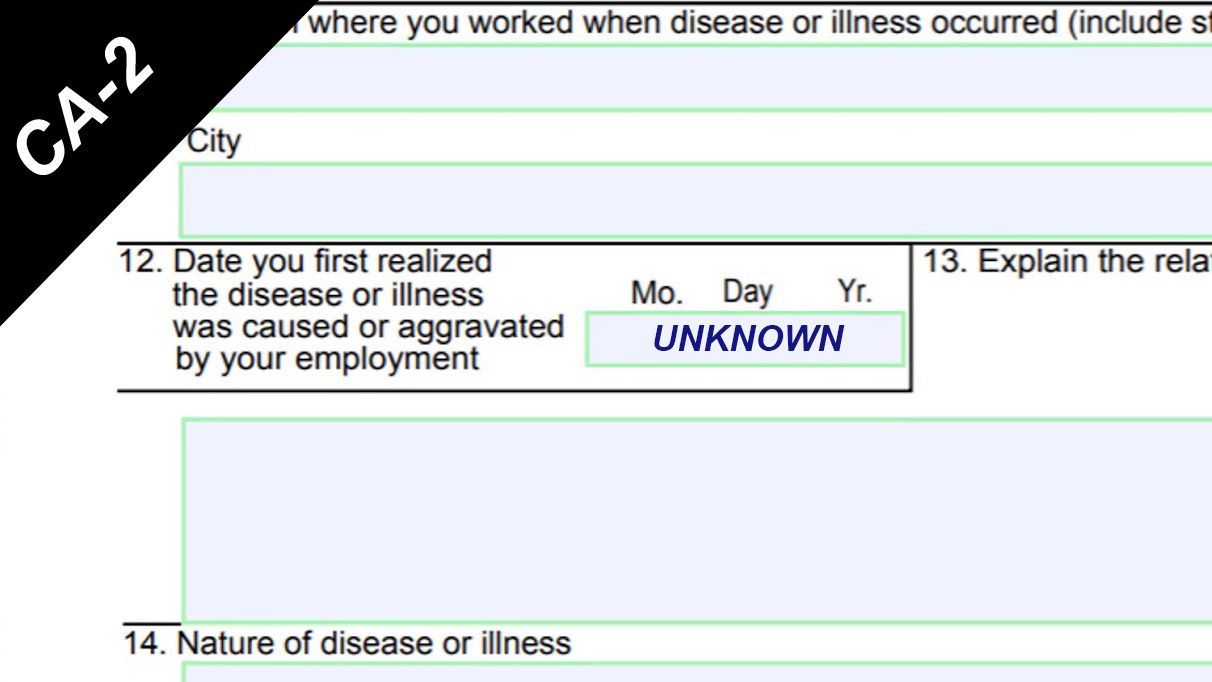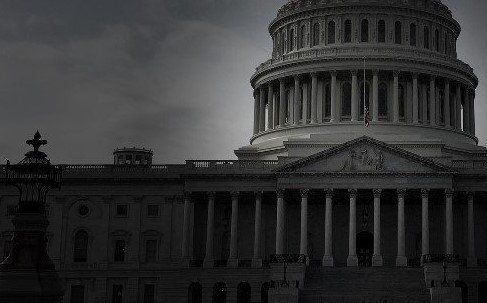Union Fees Collection after Janus
Ivy Hensel - Associate Attorney • March 23, 2020
In June 2018, a Supreme Court case changed the labor union landscape by overturning forty years of case law.
In Janus v. American Federation of State, County, and Municipal Employees Council 31 (“AFSCME”), the Supreme Court ruled against mandatory union fees and held that state government workers cannot be required to pay “fair share fees” or “agency fees.” The Court found that forcing someone to pay a union fee violates First Amendment protections of free speech and association.
Before Janus, unions were allowed to collect agency fees from nonunion members to recover costs of collective bargaining, contract administration, and grievance adjustment purposes. The Janus case has created widespread implications for agency employers that will continue to develop. After Janus, public sector unions cannot demand fair share fees, which typically made up 70 to 80 percent of full union dues, and employers cannot collect such fees from an employee’s pay without clear and affirmative consent.
- Takeaway: An agency employer cannot collect fees from nonunion members unless an individual clearly and affirmatively agrees to pay fees.
Even more recently, on February 14, 2020, the Federal Labor Relations Authority found that the ruling in Janus generally applies to agencies and labor organizations in regard to federal employees’ requests to revoke union dues assignments (71 FLRA No. 107).
The FLRA came down with a 2-1 decision that found that upon receiving an employee’s request to revoke a previously authorized union‑dues assignment, an agency should process the request as soon as administratively feasible, as long as one year has elapsed since the original dues authorization. In other words, an employee may revoke a previously authorized dues assignment at any time he or she chooses after the initial one-year period that he or she first authorized the assignment.
- Takeaway: An agency employer should process employee requests to revoke union dues assignments as soon as administratively feasible as long as one year has passed since the employee first authorized the assignment.
From requiring clear and affirmative consent to collect fees to allowing cancellation of automatic payments, the Supreme Court’s decision in Janus has had widespread effects that will likely continue to evolve.
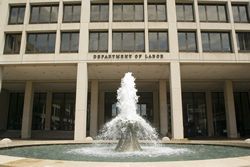
Effective 09/28/2020, you can electronically receive and respond to letters from OWCP directly through your ECOMP Dashboard. If OWCP sends you a letter requiring a response, it will now appear in your ECOMP dashboard under the “Action Required” tab. You can respond online and attach documents to your response. A video tutorial is also available in ECOMP’s Help Menu under User Guides / Injured Worker / Introduction. If OWCP sends you an informational-only letter, it will only appear in your Case View, which you cannot access from your dashboard. To access your Case View, you must click on the case number from your dashboard. The second change also takes effect today, September 28, 2020, when OWCP will start using 202-513-6860 as the sole telephone number where you can reach them from 9:30 a.m. – 6:30 p.m. ET, Monday – Friday (except for federal holidays). This new voice line will replace the current 12 FECA district office telephone numbers and provide you direct access to your assigned Claims Examiner.




